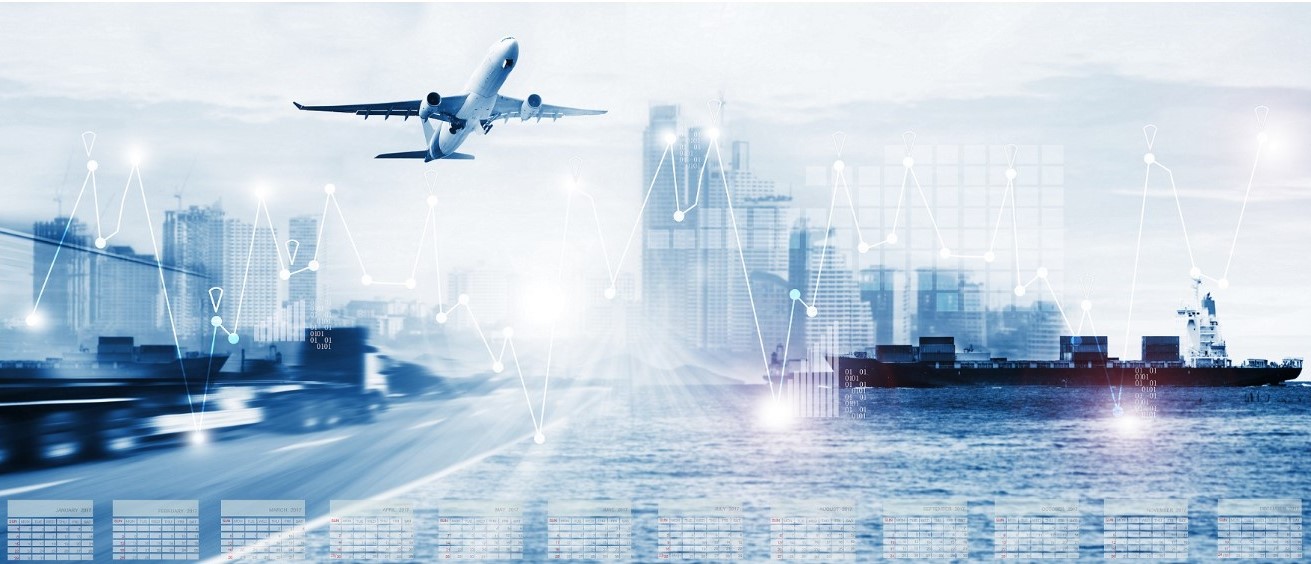
Airports are more than just places where planes take off and land. They play a crucial role in the economy. How do airports impact the economy? Airports create jobs, boost tourism, and attract businesses. They generate revenue through various services, from parking to retail. Airports also facilitate trade by enabling the quick transport of goods. This connectivity helps local businesses expand their reach. Moreover, airports often lead to infrastructure improvements in surrounding areas. These benefits ripple through the economy, affecting everything from local shops to international trade. Understanding the economic impact of airports can help communities make informed decisions about their development and expansion.
Key Takeaways:
- Airports are economic powerhouses, contributing over $1.5 trillion to the global economy and supporting 65 million jobs worldwide. They drive trade, create jobs, and boost tourism, benefiting both local and global economies.
- As airports continue to innovate and expand, they play a crucial role in shaping the future of travel and commerce. From sustainability initiatives to smart technologies, airports are driving economic growth while supporting local communities and fostering cultural exchange.
Airports as Economic Engines
Airports play a crucial role in driving economic growth. They connect people, facilitate trade, and create jobs. Let's explore some fascinating facts about their economic impact.
-
Airports generate significant revenue. Globally, they contribute over $1.5 trillion to the economy each year.
-
They create millions of jobs. Airports support around 65 million jobs worldwide, from pilots to ground staff.
-
Airports boost tourism. They make travel easier, attracting tourists who spend money on hotels, restaurants, and attractions.
Impact on Local Economies
Airports don't just benefit the global economy; they have a profound impact on local communities too.
-
Airports increase property values. Proximity to an airport can raise property values by up to 20%.
-
They attract businesses. Companies often set up near airports to take advantage of easy travel and shipping.
-
Airports support local services. They generate demand for local services like taxis, hotels, and restaurants.
Trade and Commerce
Airports are vital for trade and commerce, enabling the swift movement of goods and services.
-
Airports facilitate global trade. They handle over 35% of global trade by value, even though they account for less than 1% by volume.
-
They support e-commerce. Fast shipping options rely on air transport, making online shopping more convenient.
-
Airports enable just-in-time manufacturing. They allow companies to receive parts and materials quickly, reducing inventory costs.
Environmental and Social Impact
While airports drive economic growth, they also have environmental and social implications.
-
Airports invest in sustainability. Many airports are adopting green technologies to reduce their carbon footprint.
-
They support community programs. Airports often fund local schools, parks, and other community projects.
-
Airports promote cultural exchange. They bring people from different cultures together, fostering understanding and cooperation.
Future Trends
The future of airports looks promising, with new technologies and trends shaping their economic impact.
-
Airports are becoming smarter. Innovations like biometric screening and automated check-ins are making travel more efficient.
-
They are expanding. Many airports are undergoing expansions to handle more passengers and cargo, boosting their economic contributions further.
Airports: More Than Just Travel Hubs
Airports do more than just get people from point A to point B. They’re economic powerhouses. From creating jobs to boosting local businesses, airports play a huge role in regional growth. They attract tourists, which means more money spent on hotels, restaurants, and attractions. Plus, they’re essential for global trade, moving goods quickly and efficiently.
Airports also drive infrastructure development. New roads, public transit, and other improvements often follow airport expansions. This benefits everyone, not just travelers. And let’s not forget the tech and innovation that airports bring. They’re always looking for ways to improve efficiency and security, which can lead to advancements in other sectors too.
So next time you’re at an airport, remember it’s not just a place to catch a flight. It’s a vital part of the economy, helping communities thrive.
Frequently Asked Questions
Was this page helpful?
Our commitment to delivering trustworthy and engaging content is at the heart of what we do. Each fact on our site is contributed by real users like you, bringing a wealth of diverse insights and information. To ensure the highest standards of accuracy and reliability, our dedicated editors meticulously review each submission. This process guarantees that the facts we share are not only fascinating but also credible. Trust in our commitment to quality and authenticity as you explore and learn with us.


